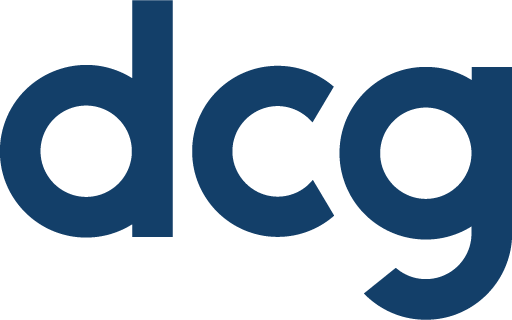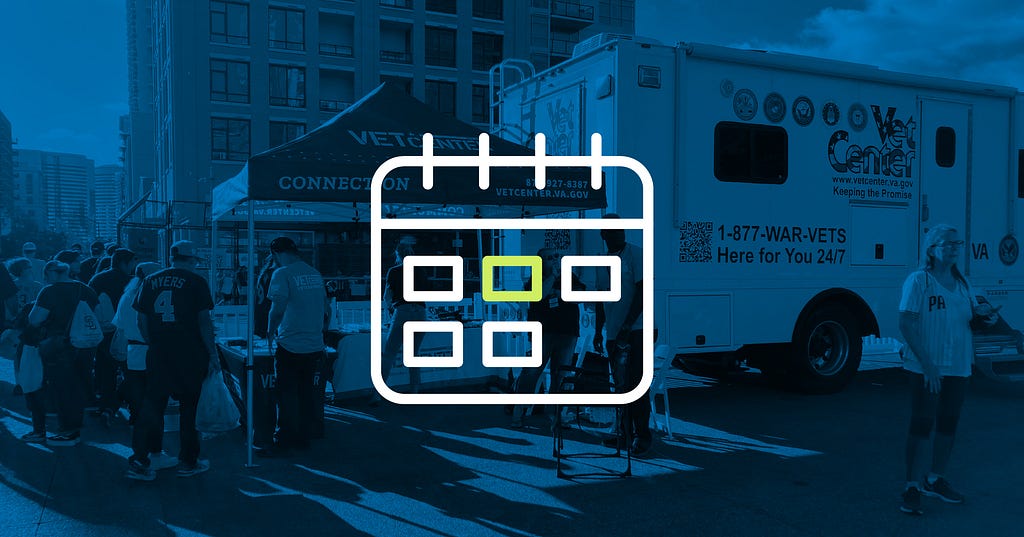
Do you have what it takes to earn your PMP? DCGer Emily does!
Three small letters, one BIG distinction. Earning a Project Management Professional (PMP)(R) certification tells your employer, clients, teammates and the world that you have what it takes to be a successful project manager. As a globally recognized certificate, gaining a PMP is a valuable resource that can enhance your skills and boost your career.
But the path to PMP is no easy feat. It’s a commitment, and our very own Emily Howell, an Account Director at DCG, learned this firsthand. Over the course of six weeks, Emily worked her way through boot camp and spent countless hours preparing for the test. She aced it and is now a certified PMP.

Emily studying for her PMP with her dog, Bernie.
If you’re interested in learning details on the process and requirements, you’re in the right place.
Hear more on Emily’s experience below.
1. Let’s start from the beginning, what made you decide to earn your PMP?
I’ve been functioning as a project manager since my first job out of grad school, but never had any formal training. I’ve always been super organized (maybe too organized?) and have a weird ability of knowing where every deliverable is in the content development, design, review process. I thought that was enough to be a good project manager.
Over the past year and a half, my role on the contract I support at DCG has grown tremendously and I now serve as the Deputy Program Manager for a project that has seven workstreams, a contract team of about 20 individuals, and a client team that’s twice as big. I realized that to effectively manage this team, and expand my professional capabilities for future projects, I needed some actual training.
2. How did you get started on the process?
I spoke with a few people to see why they got their PMPs and if they had any advice on how to get started. I went on the Project Management Institute website and reviewed the requirements to make sure I met them. Then I signed up for a boot camp!
DCG offers professional development support, so the cost of the boot camp, application, and test weren’t a factor in deciding to move forward with obtaining my certificate.
3. What are some of the requirements you must meet?
The requirements to get a PMP can seem a little daunting, but if you’ve been working for a few years, you likely have all the hours you need!
If you have a four-year degree, you need 4,500 hours managing projects and 35 hours of program management education (the boot camp meets this requirement). If you have a two-year degree, you need 7,500 hours managing projects plus the 35 hours of project management education.
4. Could you walk us through how to apply and maintain your certification?
Filing out the application is kind of a puzzle. In addition to filling out your standard information, you have to prove to PMI that you have the required hours of project management experience to sit for the exam and that you have experience in each of the five domains that you are tested on — initiating, planning, executing, monitoring and controlling, and closing. The hours you work on projects cannot overlap, even if you did them during the same time period. My boot camp instructor gave us a very helpful spreadsheet to make sure we were accurately representing our hours to PMI.
About 5-10% of people who apply for the PMP get audited. If your application is audited, your managers will need to sign off and confirm the work you did on each project you listed.
To maintain your certificate, you have to earn 60 professional development units every three years.
5. What types of challenges or hurdles did you face during the process?
The biggest hurdle I faced was finding the time to study. Between a busy contract, the holidays, and my personal life, it was difficult to find large chunks of time to really buckle down. About two months before my exam, I created a study calendar (I told you I’m an organized weirdo!) and scheduled my studying around events with my friends and family to make sure I didn’t feel like I was missing too much, but also preparing adequately.
6. How long does it take to complete the certification?
It really depends on how quickly you feel comfortable with the material! My boot camp was six weeks, but some can be done in two weekends. Once you’ve taken your required 35 hours (aka the boot camp), you can submit your application. It takes about a week for PMI to review your application and then you can schedule your exam whenever you want.
Because of the holidays and my busy work life, it took me longer to sit for the test than I expected, but once I really sat down and put in the time to study, it took me about two months to feel ready.
7. What advice would you give to a colleague thinking about earning a PMP?
Do it! If you are lucky enough to work for a company who will provide the financial support to obtain the certificate, there’s really no downside. It’s obviously not fun to study, but you learn so much in the process and it’s a marketable certificate to have. I’ve already been applying a lot of the templates and soft skills I’ve learned to my client work. There are tons of free resources available to help get you prepared for the exam. Plus, there’s no feeling like finishing the test and seeing the “Congratulations” screen!
—
What an accomplishment! Emily — We appreciate you taking the time to answer our questions. Congratulations from all of us at DCG!
DCGers — If you’re considering earning your PMP, please don’t hesitate to reach out to Emily or our other PMP team members, including David Seidler and Benjamin Deady.
Do you have what it takes to earn your PMP? DCGer Emily does! was originally published in DCG Life on Medium, where people are continuing the conversation by highlighting and responding to this story.



